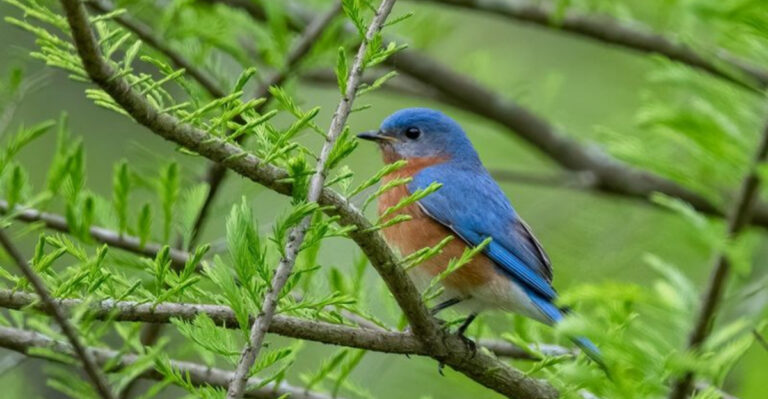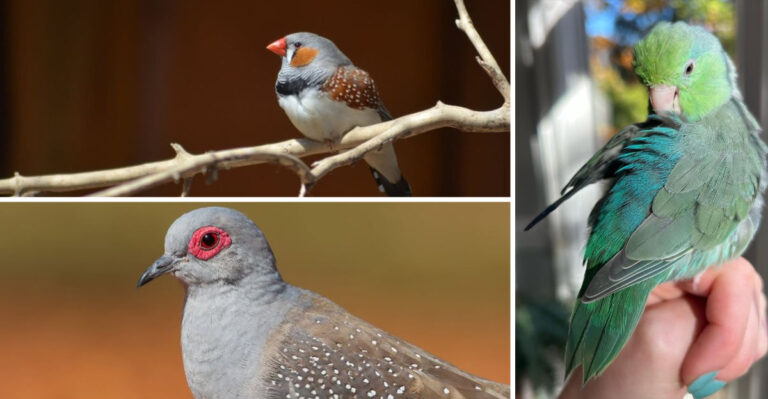15 Things Bird Owners Often Get Wrong Without Realizing
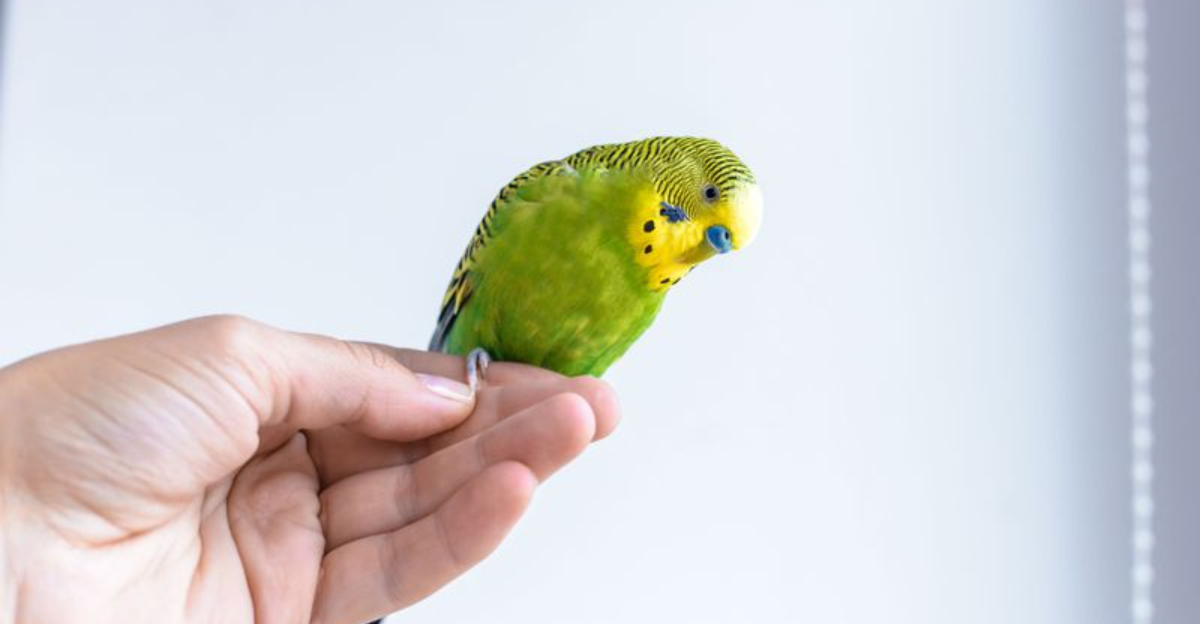
Feathered friends bring joy to our homes, but caring for them isn’t always intuitive. Even the most devoted bird owners can make mistakes that affect their pets’ health and happiness.
From diet choices to cage setup, these common oversights might be happening right under your nose – but don’t worry, they’re easy to fix once you know what to look for!
1. Tiny Cages, Big Problems
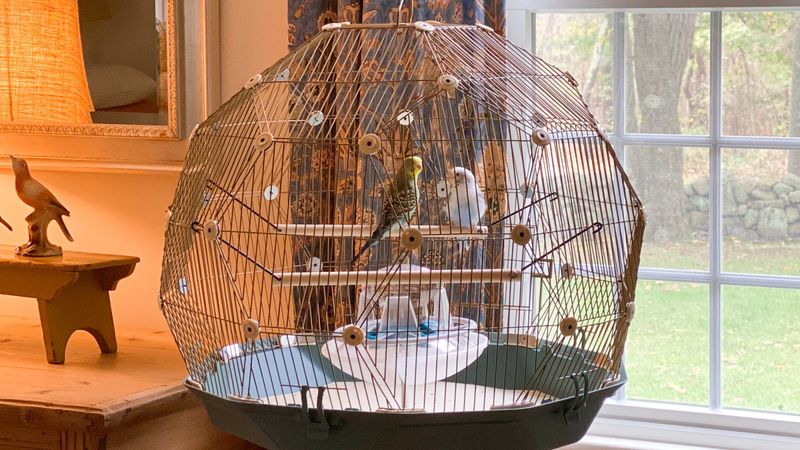
Those cute little cages at pet stores are rarely adequate for any bird species. Birds need room to stretch their wings, hop between perches, and play with toys.
Without proper space, birds develop behavioral issues like feather plucking and excessive screaming. A good rule: the cage should be at least twice the bird’s wingspan in width and three times in height.
2. Seeds-Only Diet Disaster
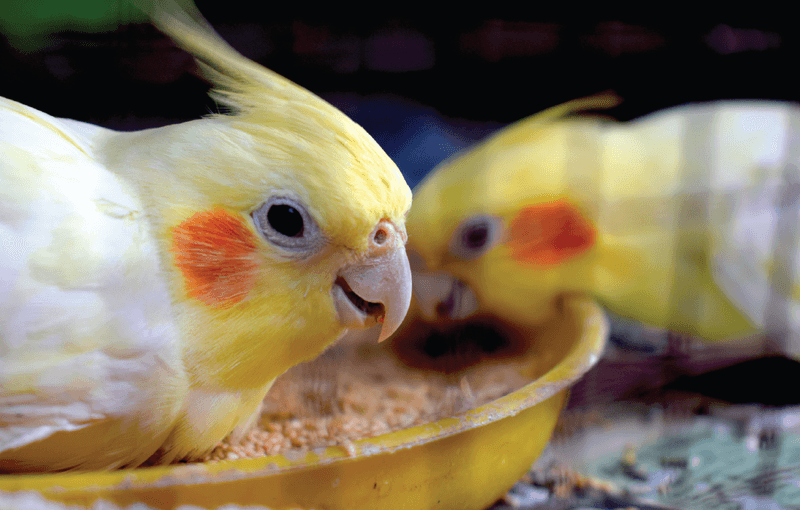
Imagine eating nothing but potato chips every day! That’s what a seeds-only diet is like for pet birds. Most seed mixes lack essential nutrients birds need to thrive.
Malnutrition leads to weakened immune systems, dull feathers, and shortened lifespans. A balanced diet includes quality pellets, fresh vegetables, fruits, and only small amounts of seeds as treats.
3. Skipping Regular Veterinary Visits
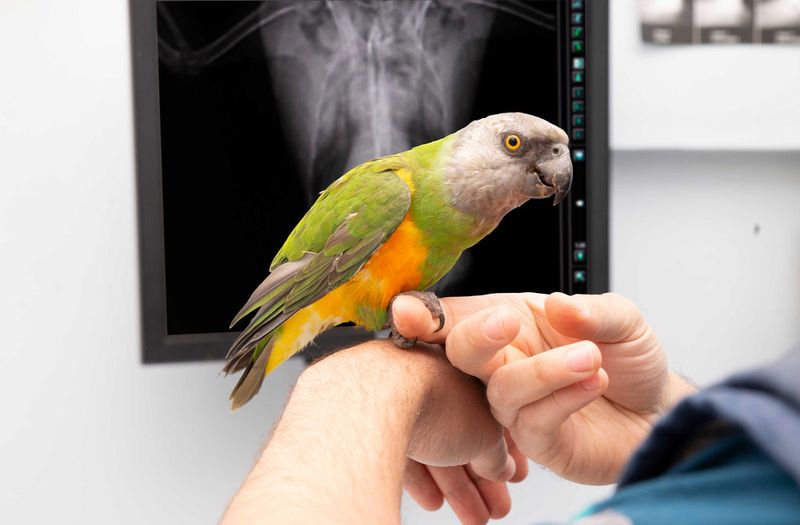
Birds are masters at hiding illness until they’re seriously sick. By the time you notice symptoms, your feathered friend might be critically ill.
Regular check-ups with an avian veterinarian catch problems early when they’re more treatable. Annual wellness exams should be non-negotiable, even when your bird appears perfectly healthy.
4. Dangerous Kitchen Practices
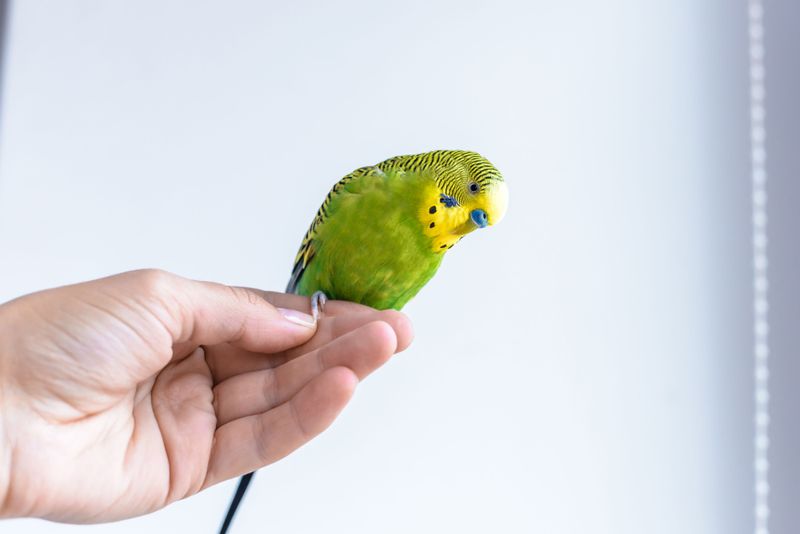
Cooking with non-stick pans can release fumes that harm birds in minutes due to their extremely sensitive respiratory systems. Many everyday items – like scented candles, air fresheners, and cleaning products – also pose serious risks.
Safer options include ceramic cookware, natural cleaners, and keeping birds out of the kitchen to protect their health.
5. Night Fright Neglect
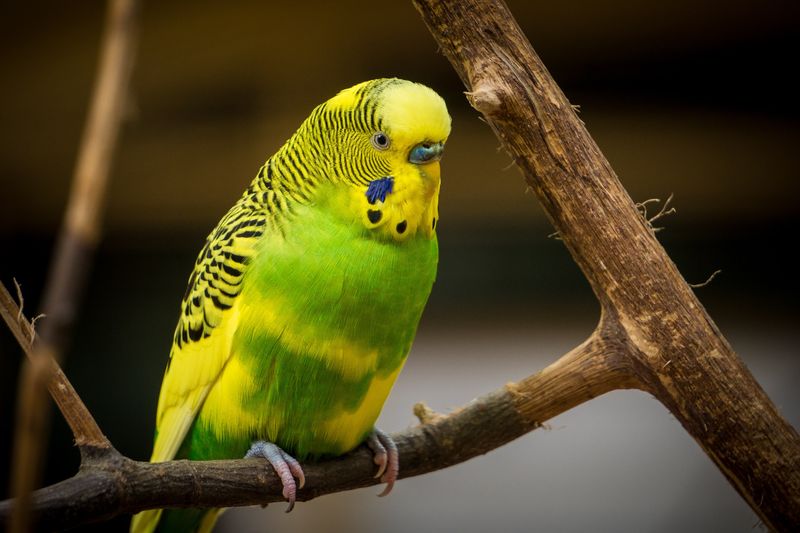
Waking up to find your bird exhausted, with broken feathers or blood spots? Night frights happen when birds get startled in the dark and thrash around their cages in panic.
A simple night light can prevent these terrifying episodes. Covering three sides of the cage while leaving one partially uncovered also helps birds orient themselves if they wake suddenly.
6. Lonely Solo Birds

Wild birds never live alone – they’re highly social creatures who need companionship. Even with human interaction, many species suffer from loneliness when kept solo.
While some birds bond strongly with humans, others need feathered friends. Research your specific species’ social needs. For many birds like finches and budgies, having at least one companion is essential for their emotional health.
7. Wrong Perch Selection
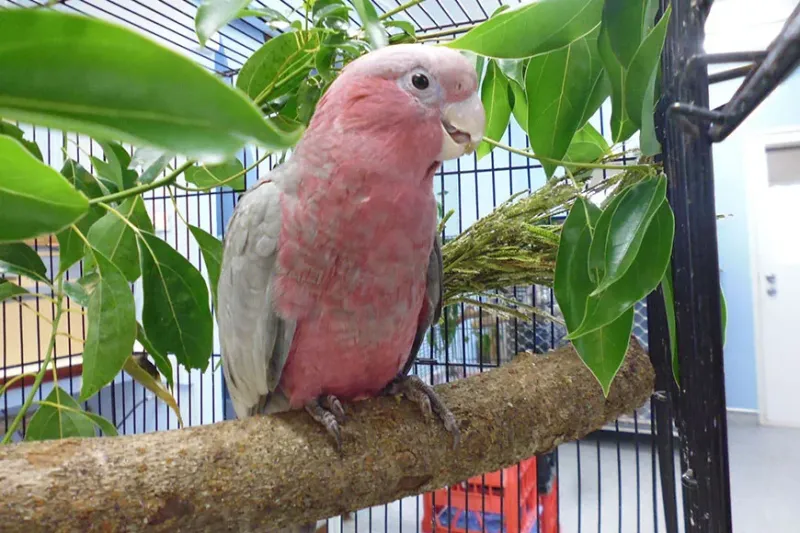
Those smooth, perfectly round dowel perches included with most cages are actually terrible for bird feet! They provide no variety in grip and can lead to pressure sores and arthritis.
Natural branches of varying diameters exercise different muscles in bird feet. Look for manzanita, dragonwood, or safe fruit tree branches (properly cleaned and sanitized) to create a healthier perching environment.
8. Ignoring Enrichment Needs
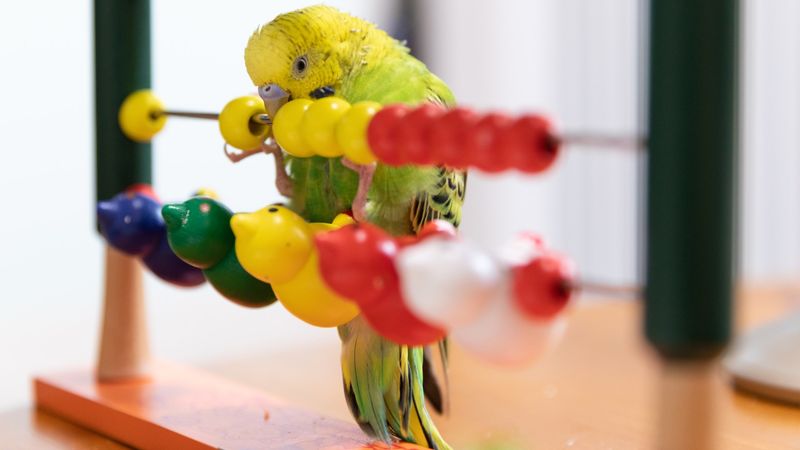
Birds have incredible cognitive abilities – some comparable to human toddlers! Without proper mental stimulation, they become bored, destructive, and even depressed.
Rotate toys weekly to maintain interest. Puzzle toys that dispense treats, foraging opportunities, and training sessions are all essential. Even simple paper cups or cardboard boxes can become engaging toys with treats hidden inside.
9. Bath Time Blunders
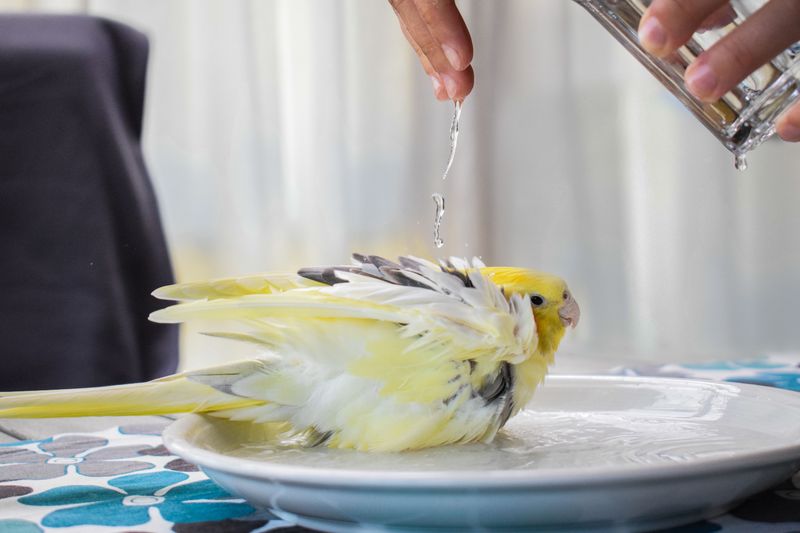
Contrary to popular belief, most birds love water and need regular bathing opportunities for healthy skin and feathers. Dusty homes can cause respiratory issues for birds when they can’t clean properly.
Different species prefer different bathing styles – some like shallow dishes, others enjoy gentle misting, and some prefer shower perches. Experiment to discover what your feathered friend enjoys most.
10. Insufficient Out-Of-Cage Time

Keeping birds constantly caged is like keeping a person in a single room forever. Even large cages can’t replace the exercise and stimulation of free flight or exploration.
Most pet birds need at least 2-4 hours outside their cage daily in a bird-proofed space. This freedom is crucial for physical health, emotional well-being, and strengthening the bond between bird and owner.
11. Misunderstanding Body Language
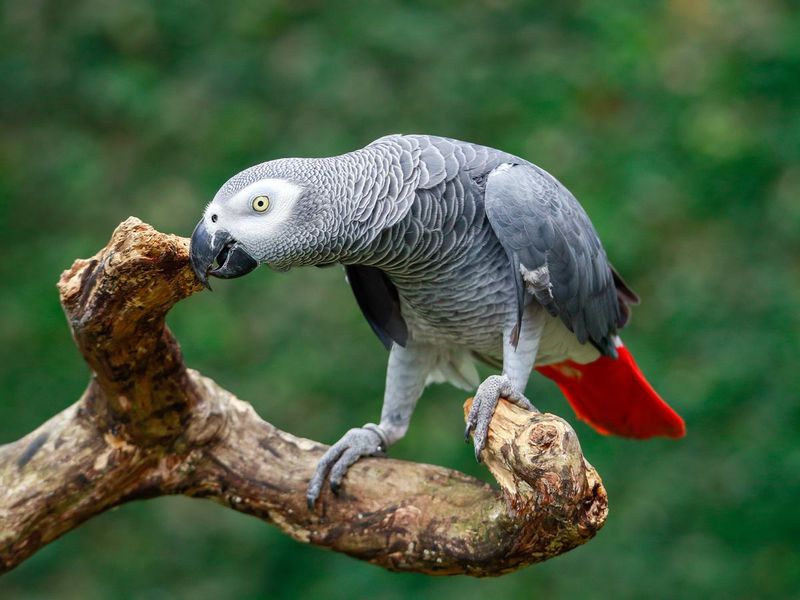
That cute head-bobbing might not mean what you think! Birds communicate primarily through body language, and misreading these signals leads to stress and bites.
Fluffed feathers can indicate illness, not contentment. Regurgitation shows affection, not sickness. Learning to interpret your bird’s unique communication style helps build trust and prevents unintentional stress.
12. Improper Lighting Conditions
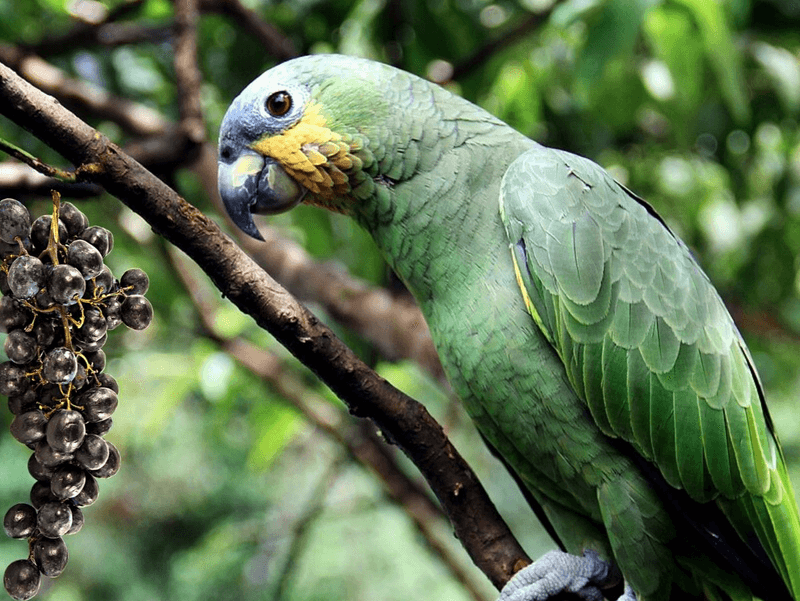
Natural sunlight provides essential vitamin D and regulates birds’ hormonal cycles. Most indoor birds receive far too little light, leading to vitamin deficiencies and behavioral issues.
Full-spectrum bird-safe lighting should supplement natural light, especially during winter months. Maintaining consistent day/night cycles prevents hormonal confusion that can trigger aggression or excessive egg-laying in females.
13. Harmful Cleaning Shortcuts
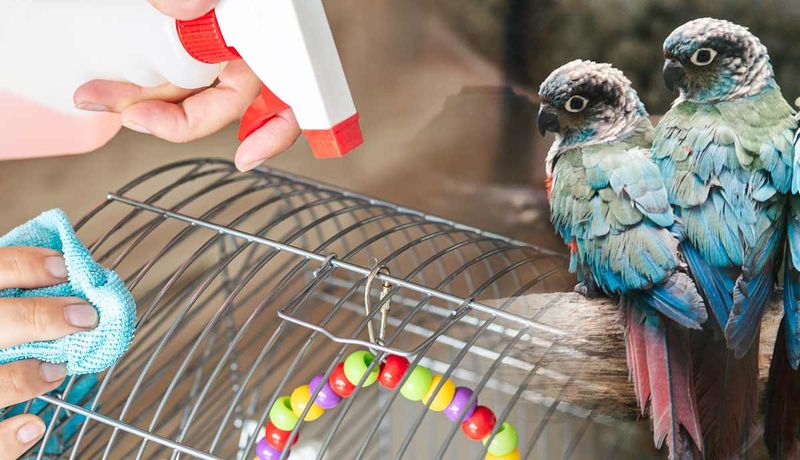
Birds’ respiratory systems can’t handle strong chemicals we use for cleaning. Even residues from disinfectants can cause severe reactions or death.
Safe alternatives like diluted vinegar, steam cleaning, or bird-safe commercial cleaners exist. Always rinse thoroughly and ensure everything is completely dry before returning your bird to its freshly cleaned environment.
14. Dangerous Toy Materials
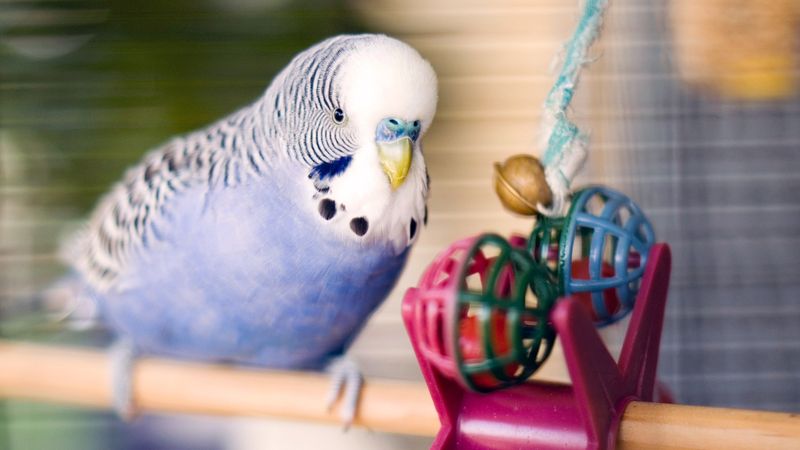
Not all colorful toys are safe! Many commercial bird toys contain zinc, lead, or treated woods that can poison curious beaks that chew everything.
Avoid toys with small parts that could be swallowed. Rope toys must be monitored for fraying that can entangle feet or beaks. Safe materials include untreated hardwoods, stainless steel, and bird-safe acrylics.
15. Overlooking Temperature Sensitivity
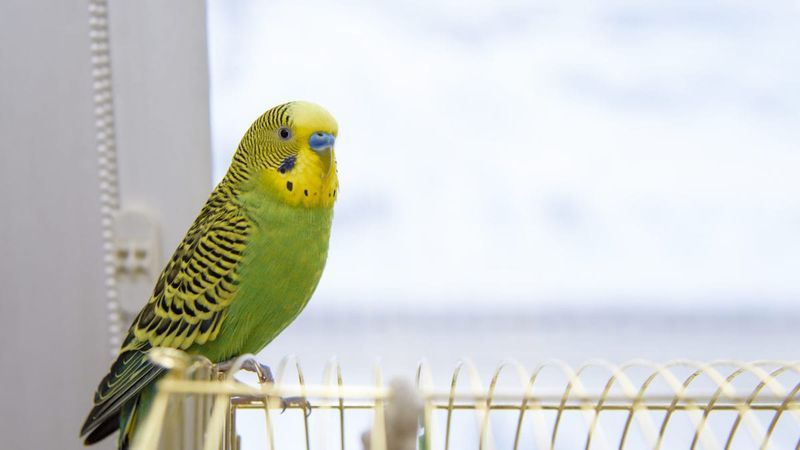
Many tropical bird species can’t handle drafts or sudden temperature changes that we barely notice. A seemingly harmless open window or ceiling fan can cause respiratory infections or stress.
Maintain consistent temperatures between 65-80°F depending on species. Watch for subtle signs of discomfort like fluffing feathers or shivering. Avoid placing cages near air vents, windows, or in kitchens with fluctuating temperatures.


